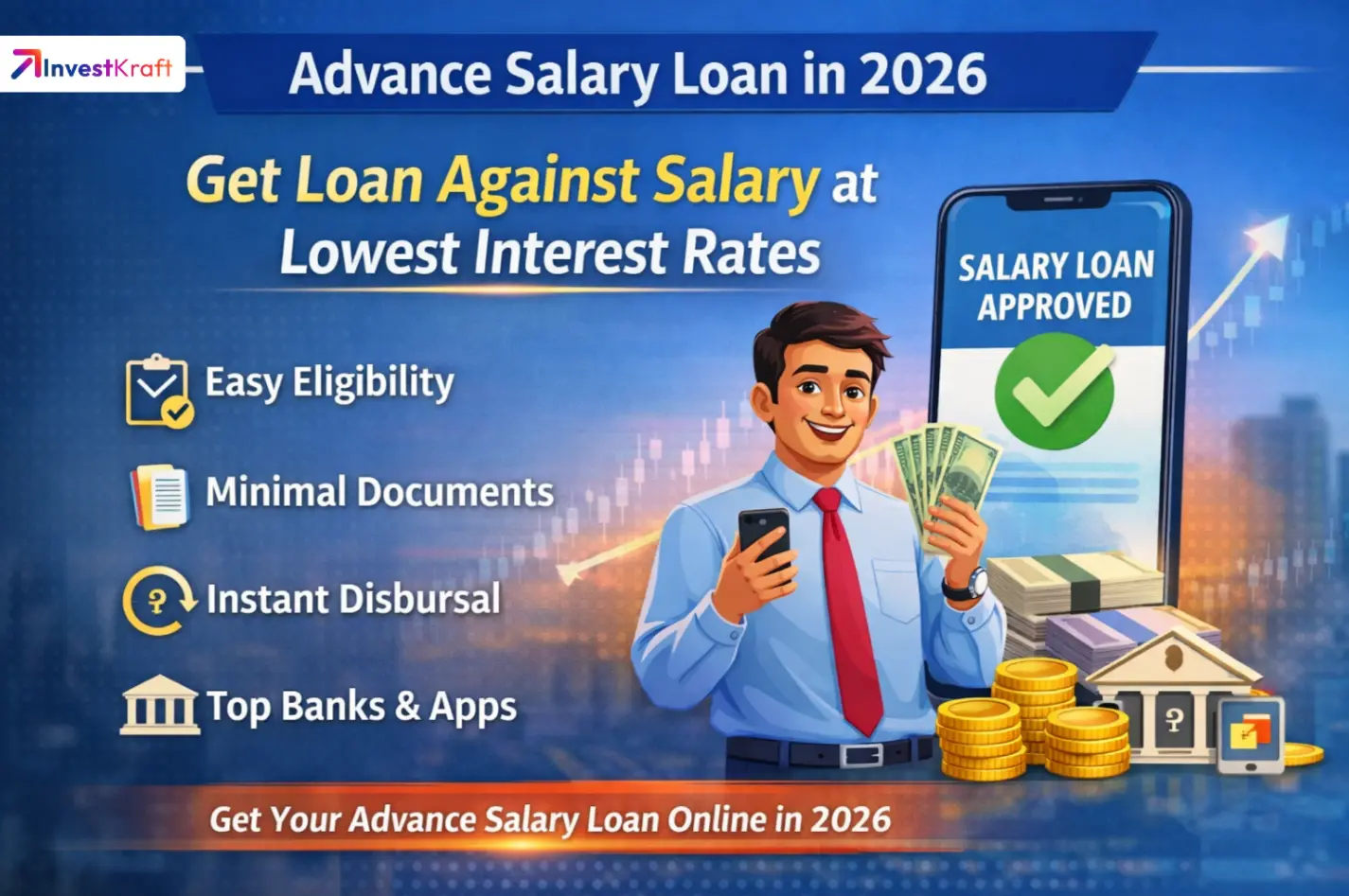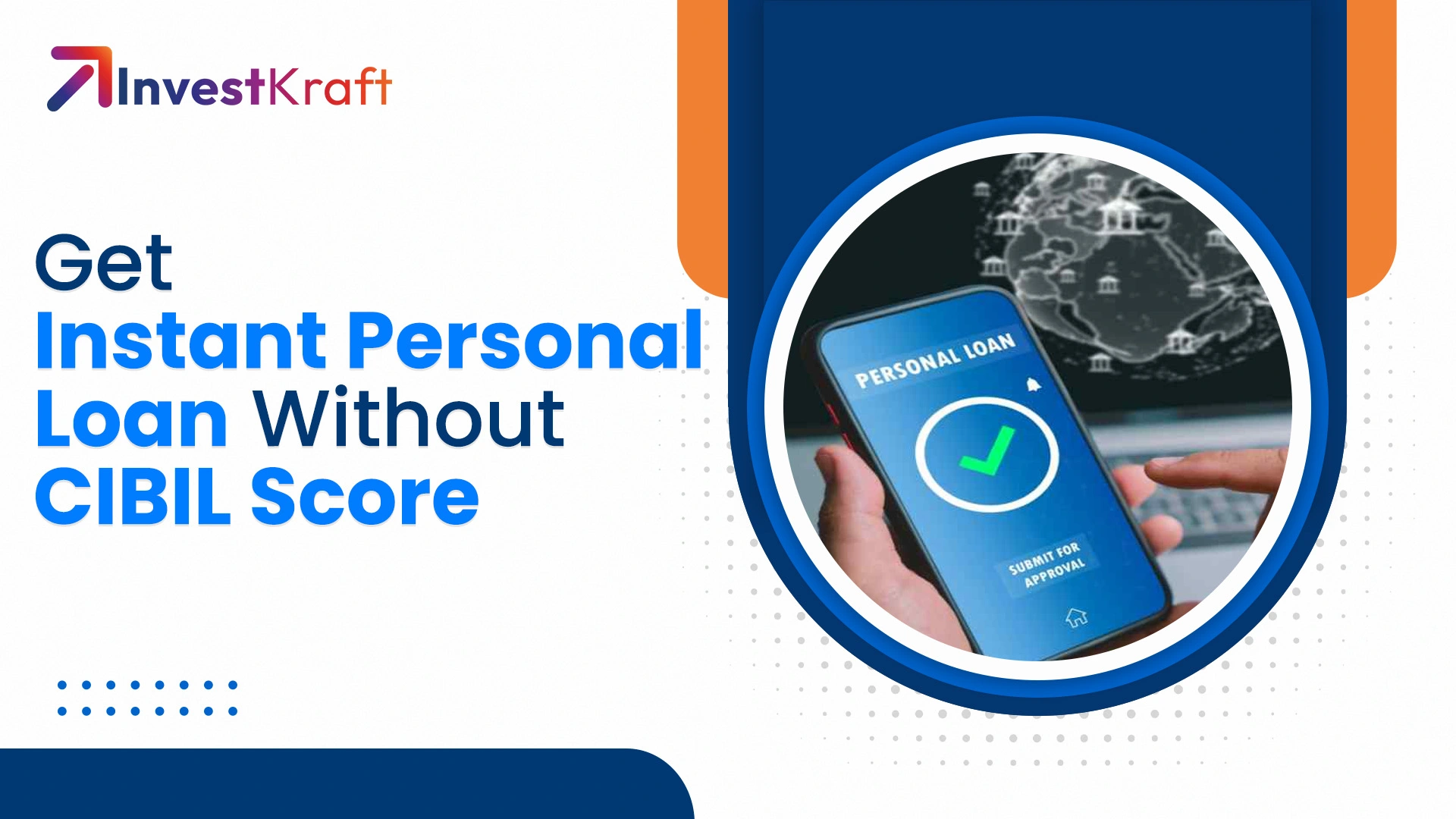How Can I Close a Personal Loan?

How Can I Close a Personal Loan? More often, people need money for unexpected expenses like paying off bills, paying off debt, planning a wedding, purchasing the newest technology, or taking a short trip. How about you? You apply for the most convenient finance option available, a personal loan.
When it comes to utilisation, personal loans provide greater flexibility than other types. It offers even additional advantages, such as easy repayment terms, customizable EMI schedules, reasonable interest rates, and prompt payout.
Without a doubt, a personal loan can accommodate all of your demands. However, you can have a plan of action for your future financial arrangements as you approach your last EMI installment. You could choose to put your money aside, make successful investments, or even choose a different kind of loan.
However, you have to finalise your loan before moving forward with your financial strategy. You do not stop making loan payments after you close a loan. Ensuring appropriate procedural closure is crucial.
Major Reasons To Close A Personal Loan
Below are some common reasons why borrowers choose to close a personal loan.
- There are no pending dues at their end
- Option to clear the debt completely due to easy availability of funds
- Invest the money in other avenues for better growth
- To improve credit score
Read More: Choose a Personal Loan Today to Manage Your Big Expenditures Easily
Types of Personal Loan Closure
There are several ways that personal loans might be repaid. Many banks now provide their clients the opportunity to pay back their loans earlier than the time frame specified in the loan agreement. There are still banks that do not accept any partial payments. So, before asking for a loan, be sure you understand the terms and circumstances. The sorts of closures possible for personal loans are shown below:
Pre-closure: You will save a significant amount of money on interest if the loan balance is paid off before the term ends. Typically, banks require a one-year lock-in term, during which the whole amount owed can be returned. Banks used to charge pre-closure fees when they paid off debts ahead of schedule. However, no bank would be able to penalise for the pre-closure of floating loans going forward according to the new RBI order.
Bad loan closure: A bad loan is one in which the borrower has consistently missed interest payments for a certain amount of time. When a borrower is unable to repay a loan because of bankruptcy or other financial problems, banks often write off the debt.
Read More: What Are the Benefits of a Personal Loan?
Regular closure: Under this arrangement, the borrower settles the loan after the term specified in the loan agreement by making monthly EMI payments. Here, there are no extra terms or conditions involved in the procedure.
How to Close Personal Loan?
Repaying the debt in full before the legally binding due date is known as a pre-closure. You may take the steps outlined below to ensure a hassle-free, tidy pre-closure.
- Visit the lender from whom you borrowed the loan amount.
- Bring the required paperwork, such as identification documentation, a loan account number, a bank passbook indicating all EMI clearances, and a cheque for the upfront payment.
- The lender may charge a foreclosure penalty, which is an obligatory fee that must be paid with the loan if it is assessed.
- The bank will send you an acknowledgement letter with the details of the loan clearing after the whole amount has been paid in. Keep that for any potential future reference.
Read More: Buy the Latest Smartphone Using a Personal Loan
Personal Loan Pre-closure Charges
When a borrower elects to pre-close in whole or in part, it is known as a personal loan pre-closure. i.e., before the Personal Loan's set term ending. Personal Loan Pre-Closure fees are assessed by the lender to the borrower at the time the loan is pre-closed. The proportion of the borrower's payments or remaining loan balance is decided by the lender. Pre-closure fees often fall into the range of 1% to 3%. If your loan has a lock-in term, you are not allowed to pre-close it before it expires. The duration of the lock-in might range from one to twelve months.
Things to Keep in Mind While Closing a Personal Loan
- You must locate the closest branch to pre-close your personal loan as it is not possible to pre-close the loan online. To find the closest branch, give the lender's customer service number a call.
- You might ask a loan section executive to help you by going over the pre-closure procedure when you visit the lender. You can obtain a pre-closure form after you are familiar with the procedure.
- After carefully reading the form, fill in all the requested personal and loan information. Once the form has been completed, sign it.
- Following the submission of all required paperwork, you can pay with cash, demand draught, or cheque.
- You can choose a representative to visit the lender on your behalf if you are unable to do so for whatever reason. But, a properly signed authorization document from you must be presented to your agent. Additionally, he must to bring all required paperwork with him:
- Identity documents such as a voter ID card, passport, PAN card, or driver's license are required for loan applications.
- The loan applicant's letter of authorization.
- The lender will provide you with an acknowledgment letter when you've completed all the requirements; you should keep this letter safe.
- A few days after the loan is concluded, you receive the final closing of the loan agreement.
FAQs
1. What if I Miss One EMI Payment Against a Personal Loan?
There will be ECS bounce costs and penalties assessed by the bank. Furthermore, your credit report will have a report about it. The degree of the default may have a major effect on your ability to obtain future credit, including a mortgage, auto loan, etc. Furthermore, the borrower may be subject to legal action from the banks.
2. Can I Make Part Pre-Payment for a Personal Loan?
Yes, some banks offer this facility. You can check with your lender about the same.
3. What Could Be The Maximum Tenure of a Personal Loan?
A personal loan has a brief repayment period. The majority of banks provide you with loans that last anywhere from one year to five years.
The Conclusion
There are several factors that one should keep in mind while closing a personal loan. First and foremost, make sure you have all the original paperwork you provided with your loan application when it comes time for closing. Second, make sure your name and loan account number are printed on the NOC that you obtained from the lender. Lastly, be sure that your lender receives your formal request to update your CIBIL score after repayment.
Verify Phone Number
Related Post

How Much Personal Loan Can I Get? Salary, EMI & Eligibility Calculator Guide
Everybody needs a personal loan at some point. Some people need it for emergencies. Some need...
Read more...
How to Get an Instant Personal Loan for Medical Emergencies in India (Fast Approval)
Medical emergencies never ask for permission. One sudden illness, accident, or complication is...
Read more...
Advance Salary Loan in 2026: Get Loan Against Salary at Lowest Interest Rates
There are times when you need money but you do not have property, fixed deposits, gold, or eno...
Read more...
How to Get an Instant Personal Loan Up to Rs.50,000 Without a PAN Card
Have you ever been in a situation where you needed a personal loan instantly but did not have...
Read more...
Instant Personal Loan Without CIBIL: How to Get 50,000 to 5 Lakh Easily
Sometimes, an emergency financial situation comes up, and we suddenly find ourselves out of options....
Read more...
A Complete Guide to Consumer Durable Loans in India 2025
Are you dreaming of a sleek new refrigerator, a powerful washing machine, the latest smartphone, or...
Read more...
A Complete Guide to Getting a Loan as a Self-Employed Individual in India
Being self-employed comes with a lot of freedom—you set your own hours, follow your passion, a...
Read more...
Top 10 Must-Know Tips Before You Apply for an Education Loan in India 2025
Embarking on higher education is a pivotal moment in life, a stepping stone towards achieving...
Read more...
Everything You Need to Know About Personal Loans for Women 2025
The entrepreneurial spirit knows no gender. Across the globe, women are brimming with innovative ide...
Read more...
How Professional Loans Can Help Freelancers and Entrepreneurs Grow Their Business?
India, a vibrant hub of innovation and enterprise, is witnessing a remarkable surge in both fr...
Read more...Reach out to our Experts if you have any Doubts
Like the best things in life, Consultations @InvestKraft are free
Drop a Mail or give us a Missed Call & Begin your Investment Journey here







